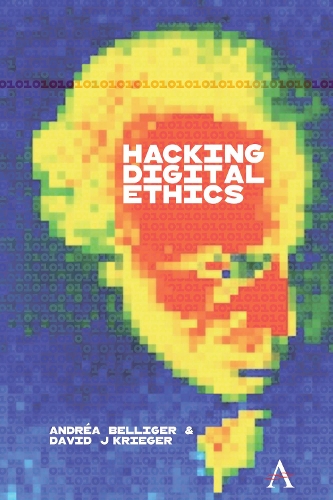
Hacking Digital Ethics
(Paperback)
Available Formats
Publishing Details
Hacking Digital Ethics
By (Author) David J. Krieger
By (author) Andra Belliger
Anthem Press
Anthem Press
3rd May 2022
United Kingdom
Classifications
Professional and Scholarly
Non Fiction
Social and political philosophy
Globalization
175
Physical Properties
Paperback
282
Width 153mm, Height 229mm, Spine 26mm
454g
Description
This book is not a critique of digital ethics but rather a hack. It follows the method of hacking by developing an exploit kit on the basis of state-of-the-art social theory, which it uses to breach the insecure legacy system upon which the discourse of digital ethics is running. This legacy system is made up of four interdependent components: the philosophical mythology of humanism, social science critique, media scandalization, and the activities of many civil society organisations lobbying for various forms of regulation. The hack exposes the bugs, the sloppy programming, and the false promises of current digital ethics, and, because it is an ethical hack, redesigns digital ethics so that it can address the problems of the global network society. The main idea of the book is that the social world of meaning is based on information, which, because of its relational nature, must be understood more as a common good than as private property. A digital ethics that relies upon humanistic individualism cannot address the issues arising from the global network society based upon information. This demands a complete revision of the philosophical foundations of current digital ethics by means of a redesign of ethics as a theory of governance by design.
Author Bio
David J. Krieger is Director of the Institute for Communication & Leadership in Lucerne, Switzerland. His research focuses on new media, communication theory, semiotics, system theory, and actor-network theory.
Andra Belliger is Director of Learning Services and Pro-Rector at the University of Teacher Education Central Switzerland and is also Director of the Institute for Communication & Leadership, both in Lucerne. She is the author of many books and articles in the areas of digital transformation, new media, communication science, e-health, new work, e-learning, and fintech.
